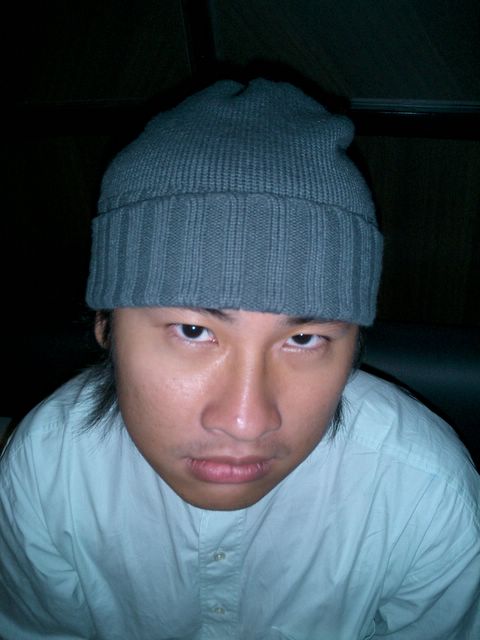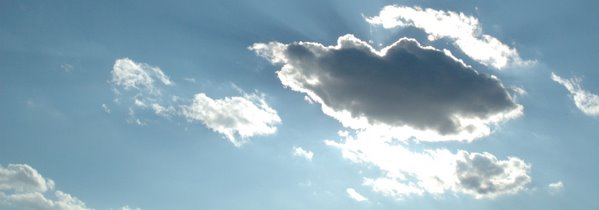Atheists have generally been described as 'cold', 'aloof', 'uncaring' and 'immoral' by a lot of religious people. With all the religious preaching about caring for the poor, the findings described in this article found on the American Atheist website does seem to be surprising, and probably a slap-in-the-face to all those people who like to label atheist as people who are uncaring about other people.
=======================================================================
Atheist doctors more likely to care for the poor than religious ones
Atheist doctors are likely to practice medicine among the underprivileged than religious physicians, even though most religions call on the faithful to serve the poor, according to the results of large cross-sectional survey of US medical practitioners published in Annals of Family Medicine.
Researchers from the University of Chicago and Yale New Haven Hospital report that 31 percent of physicians who were more religious—as measured by "intrinsic religiosity" as well as frequency of attendance at religious services—practiced among the underserved, compared to 35 percent of physicians who described their religion as atheist, agnostic or none.
"This came as both a surprise and a disappointment," study author Farr Curlin, MD, said. "The Christian, Jewish, Muslim, Hindu and Buddhist scriptures all urge physicians to care for the poor, and the great majority of religious physicians describe their practice of medicine as a calling. Yet we found that religious physicians were not more likely to report practice among the underserved than their secular colleagues."
Physicians avoid spending the bulk of their time caring for the poor as it could mean forgoing professional prestige, free time and academic opportunities.
They found that even though they received reduced salaries, decreased support staff and faced constant bureaucratic interference, physicians who care for the underprivileged receive intangible rewards in exchange, such as a sense that they make a difference in society, have a positive impact on the lives of large groups of patients and have aligned their jobs with their altruistic aspirations.
Curlin and colleagues surveyed 1,820 practicing physicians from all specialties of whom 1,144 (63%) responded.
The survey contained questions about what the researchers called intrinsic religiosity—the extent to which individuals embrace their religion as the "master motive that guides and gives meaning to their life."
Researchers asked physicians if they agreed or disagreed with two statements: "I try hard to carry my religious beliefs over into all my other dealings in life," and "My whole approach to life is based on my religion." They were also asked how often they attended religious services.
The survey also included questions about whether the physicians considered medicine a calling, whether their religious beliefs influence their practice of medicine, and whether the family in which they were raised emphasized helping those with few resources.
Physicians who strongly agreed that their religious beliefs influence their practice of medicine were more likely to report practice among the under-served, but, physicians who were more religious in general, as measured by their intrinsic religiosity or their frequency of attending religious services, were not more likely to practice among the under-served.
Even the more religious physicians who reported that their families emphasized service to the poor and that, for them, the practice of medicine was a calling, were no more likely to practice among the poor.
Curlin and colleagues also noted that those who identified themselves as very spiritual, whether or not they were religious, were roughly twice as likely to care for the under-served as those who described their spirituality as low.
"Part of this divergence between religion and spirituality can be traced to a rift between Christian denominations in the late-19th and early-20th centuries," explained Curlin, who describes himself as an orthodox Christian in the Protestant tradition.
According to the author, about a hundred years ago many of the mainline and liberal Protestant churches began "to emphasize efforts to right social injustices, while the more conservative churches tended to stress doctrinal orthodoxy. Research indicates that those who consider themselves spiritual but not so religious are more likely to be formed in the more liberal denominations."
Policy makers and medical educators hoping to increase the physician supply for underserved populations should take these results into account cautiously, the authors recommended.
"No one knows how to select medical students in a way that would actually increase the number of physicians eager to serve the underserved," Curlin said, "but our findings suggest that admissions officials should ignore both the general religiousness of candidates and their professed sense of calling to medicine."

世界在破晓的瞬间前埋葬于深渊的黑暗
Tuesday, September 11, 2007
Subscribe to:
Post Comments (Atom)






No comments:
Post a Comment